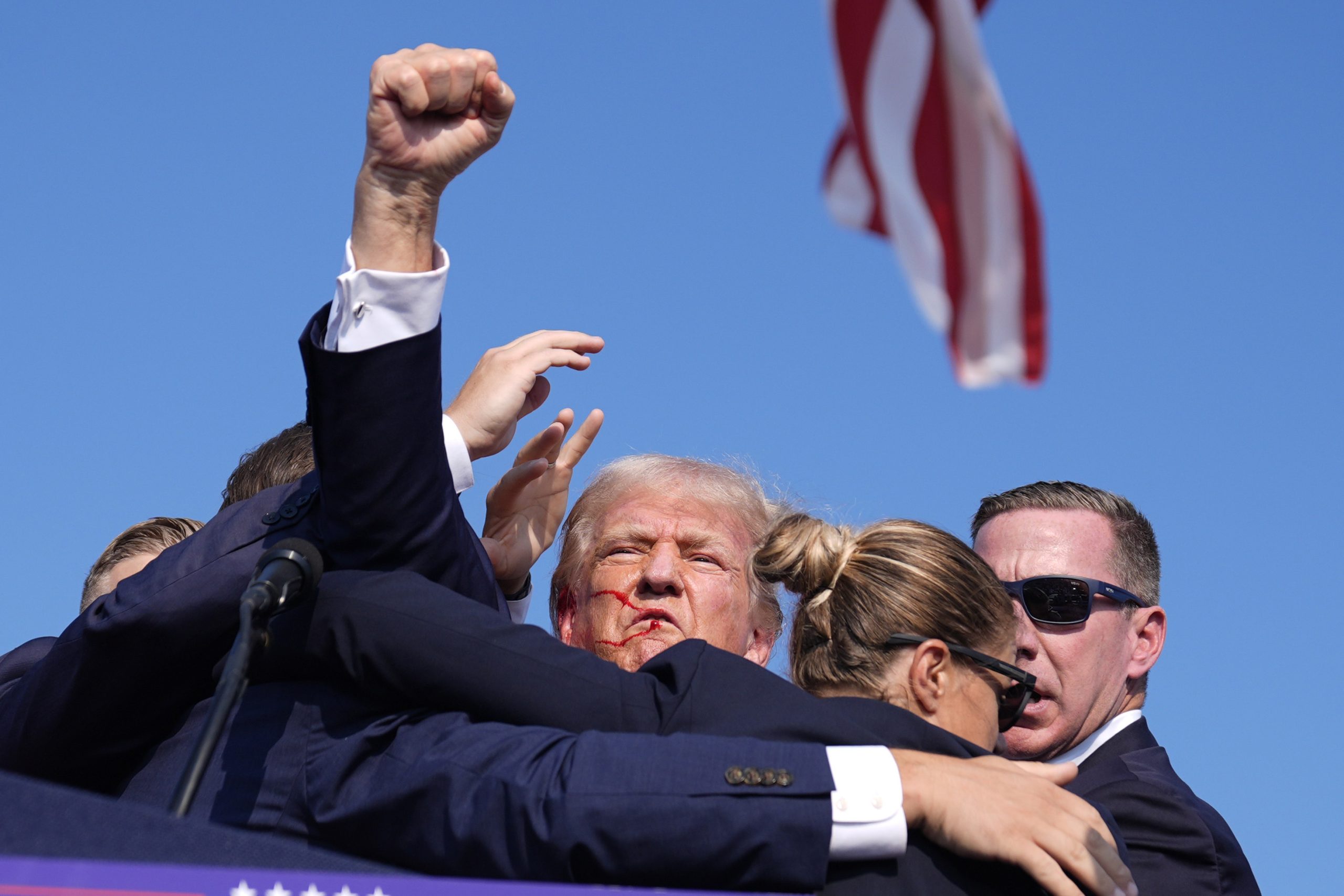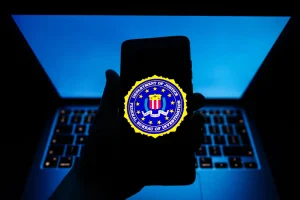Growing scrutiny is now falling on federal investigators as lawmakers raise serious concerns about what information was known—yet never disclosed—before and after the July 13, 2024 assassination attempt on President Donald Trump in Butler, Pennsylvania. What was initially described as a case involving a largely unknown young man has now become the center of a widening dispute, with congressional officials accusing the FBI of concealing important data that could have reshaped their inquiry.
The incident shocked the nation and the world. During an outdoor campaign rally, a bullet fired from outside the event grounds struck Trump, grazing his right ear. The attack, carried out with a long-range rifle, triggered immediate questions about security failures, federal intelligence lapses, and whether warning signs had been missed. In the months that followed, multiple committees launched investigations, reviewed documents, and questioned agencies responsible for threat assessment and public safety.
However, according to several lawmakers, the picture they were presented with may not have been complete. A growing number of officials now believe that investigators possessed far more information about the shooter than they initially admitted, raising concerns about transparency and oversight at the highest levels of federal law-enforcement.
Lawmakers Say They Were “Stonewalled”
One of the most vocal critics has been Rep. Pat Fallon of Texas, who chaired a congressional task force formed to analyze systemic failures that contributed to the near-fatal attack. Fallon now says that the FBI’s early descriptions of the shooter were inconsistent with the information later revealed by former officials.
Although the bureau initially claimed that very little was known about the attacker, Fallon insists that this assertion “doesn’t add up.” He told The National News Desk that he and his committee repeatedly requested additional background data but were met with resistance.
“We definitely got stonewalled,” Fallon said, recalling the difficulty the task force faced while trying to obtain internal investigative files. “When we finally got answers that we thought were fully forthright, now it seems like they weren’t.”
The task force ultimately concluded that the July 13 shooting was preventable—an assessment that intensifies the pressure on federal agencies to explain what went wrong and why potential early indicators were not acted upon.
Mid-Article Introduction of the Shooter
According to disclosures that surfaced months after the task force wrapped its review, investigators had identified more than 700 online posts and comments attributed to the gunman, Thomas Matthew Crooks, spanning from 2019 to 2020. Many of these posts reportedly exhibited extremist themes, including antisemitic content and anti-immigrant sentiments—signs that might normally trigger additional scrutiny under federal threat-assessment protocols.
These revelations were not shared with the task force, Fallon says, and were instead revealed only after a former FBI official publicly mentioned them in a separate briefing. The discrepancy has fueled suspicion that either critical information was withheld or the FBI failed to thoroughly examine Crooks’ online footprint in the first place.
Fallon says the committee received none of this digital-history data, calling the omission “either deliberate or incompetence.”
New Push for Oversight and Testimony
In light of the revelations, Fallon says he plans to consult with House Oversight Chairman James Comer about recalling former FBI Deputy Director Paul Abbate for further questioning. During Abbate’s earlier briefing in 2024, he acknowledged investigators’ awareness of Crooks’ online activity, though details were limited.
Fallon believes a return appearance is necessary—and that the Oversight Committee provides “the perfect platform” for a deeper, more transparent investigation. The issue now extends beyond the specifics of the attack itself and into whether the FBI followed proper protocols, maintained transparency with Congress, or failed to carry out a complete digital and behavioral investigation.
The Tragic Human Cost
The assassination attempt resulted in devastating consequences for several attendees. While President Trump survived with a wound to his ear, a 50-year-old firefighter, Corey Comperatore, was fatally shot while shielding his family. Two additional individuals, David Dutch and James Copenhaver, were seriously injured.
These personal tragedies underscore the urgency behind congressional concerns. For grieving families and wounded victims, determining whether the attack could have been prevented is more than a political question—it is a matter of accountability, transparency, and justice.
Tucker Carlson Claims FBI Hid Crooks’ Digital Activity
Political commentator Tucker Carlson, known for his outspoken criticism of federal agencies, weighed in last week, claiming that he can “prove” the FBI misled the public regarding the shooter’s digital trail. Carlson asserted that extensive online activity by Crooks contradicted the FBI’s early statements suggesting investigators had little insight into his motives or background.
Carlson argued that the bureau either failed to collect the data promptly or intentionally withheld it. He also criticized FBI Director Kash Patel, along with former officials Christopher Wray and Dan Bongino, accusing them of attempting to control public perception of the investigation.
In response, Patel defended the bureau’s efforts, listing what he described as exhaustive investigative steps:
• Over 1,000 interviews
• More than 2,000 public tips
• Thirteen seized electronic devices
• Nearly half a million digital files
• Hundreds of hours of video footage
• Ten financial accounts analyzed
• Data collected from twenty-five online platforms
Patel emphasized that the investigation was both comprehensive and methodical, though critics argue that a thorough investigation does not explain why certain findings never reached Congress.
Former FBI Official Says Crooks Should Have Been Detected
Adding further weight to the concerns, former FBI Special Agent in Charge Jody Weis expressed confusion about why Crooks was not flagged earlier. Weis noted that the FBI has extensive tools and programs designed specifically to identify potential threats based on online patterns, behavioral indicators, and ideologically motivated content.
“For them to say we just didn’t see much there, that we couldn’t identify a motive—I can’t understand why,” Weis told reporters. He said that individuals who display these types of online behaviors would typically receive follow-up investigation, including potential interviews.
Weis’ comments raise additional questions:
• If Crooks’ online comments were identifiable, why were they not acted upon?
• Did investigators fail to connect available data, or was it overlooked?
• Were internal systems overwhelmed, or was this an issue of miscommunication and bureaucratic breakdown?
These unresolved issues now form the foundation of a broader push for accountability.
A Growing Crisis of Confidence
The debate over what the FBI knew—and when—comes at a time when public trust in federal institutions is already polarized. The Trump assassination attempt represented one of the most serious security breaches involving a major political figure in modern American history. Ensuring that federal agencies handled every aspect of the case transparently is vital not only for political accountability but for public confidence in law enforcement.
Lawmakers argue that if critical information was withheld, even inadvertently, congressional oversight becomes meaningless. Others worry that lapses in communication or analysis could signal broader weaknesses in how federal agencies assess threats to high-profile individuals.
The Road Ahead
As scrutiny intensifies, it is increasingly likely that additional hearings, subpoenas, and testimony requests will follow. The Oversight Committee is expected to take a leading role in determining whether investigative protocols were followed and whether Congress received the full picture.
For now, the questions continue to mount:
Was essential information withheld?
Were investigators transparent?
Could the attack have been prevented?
Until those answers are fully uncovered, pressure on federal agencies—and demands for accountability—will only grow.

Emily Johnson is a critically acclaimed essayist and novelist known for her thought-provoking works centered on feminism, women’s rights, and modern relationships. Born and raised in Portland, Oregon, Emily grew up with a deep love of books, often spending her afternoons at her local library. She went on to study literature and gender studies at UCLA, where she became deeply involved in activism and began publishing essays in campus journals. Her debut essay collection, Voices Unbound, struck a chord with readers nationwide for its fearless exploration of gender dynamics, identity, and the challenges faced by women in contemporary society. Emily later transitioned into fiction, writing novels that balance compelling storytelling with social commentary. Her protagonists are often strong, multidimensional women navigating love, ambition, and the struggles of everyday life, making her a favorite among readers who crave authentic, relatable narratives. Critics praise her ability to merge personal intimacy with universal themes. Off the page, Emily is an advocate for women in publishing, leading workshops that encourage young female writers to embrace their voices. She lives in Seattle with her partner and two rescue cats, where she continues to write, teach, and inspire a new generation of storytellers.









